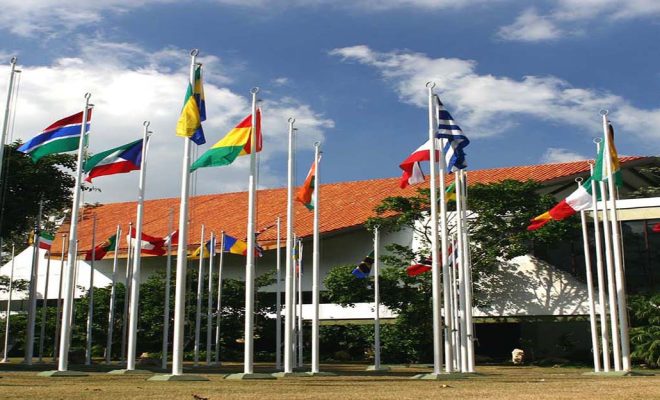New comparative data on the recognition of institutional autonomy worldwide

Institutional autonomy is a cornerstone of higher education empowering institutions to govern themselves across various domains such as administration, curriculum, and research priorities. Autonomy allows higher education institutions to push boundaries, innovate, and meet the evolving needs of society while protecting academic freedom from external pressures. Legal recognition alone is hardly sufficient to ensure effective autonomy as it must be secured through a consistent and stable policy framework. Yet, enshrining institutional autonomy in legislation is a crucial first step towards safeguarding the rights of the academic community and its vital role in democratic societies.
The Policy Insight 9 draws on data from 146 countries included in the Higher Education Policy Observatory to show that 63% recognize institutional autonomy in their national legislation. The data reveals that the higher the income level of the country, the more likely it is to recognize institutional autonomy. It also presents variations between world regions.

The Insight encourages governments from countries that have not yet recognized institutional autonomy to do so. Besides, while regulation of the higher education sector is necessary to uphold accountability and quality standards, an appropriate balance needs to be sought to ensure that these policies don’t stifle institutional autonomy. Policymakers worldwide should thus consider how other higher education policies – such as funding mechanisms and policies related to admission processes and curriculum – affect institutional autonomy. Policies that enforce the autonomy of quality assurance agencies, support independent accreditation practices, or promote stakeholder oversight of higher education institutions can help achieve this balance.
Check out the UNESCO IESALC Policy Insight on which countries recognize institutional autonomy in legislation worldwide here.
RELATED ITEMS








